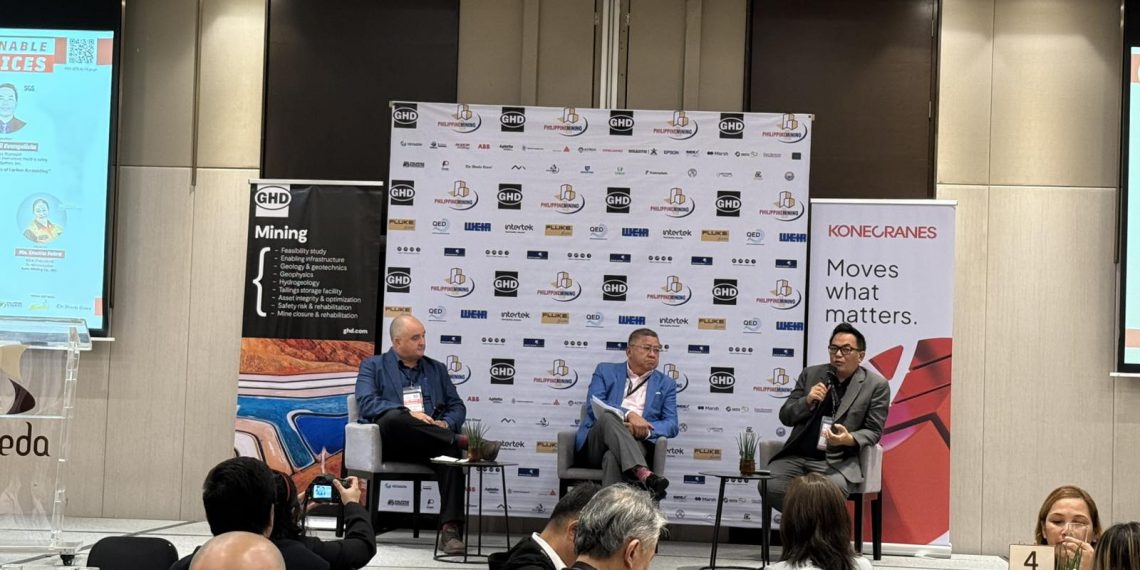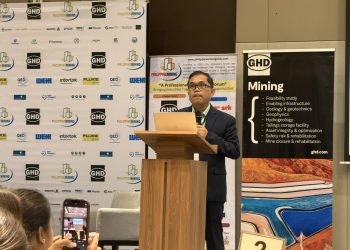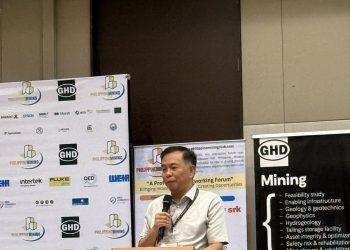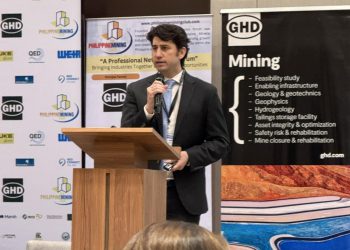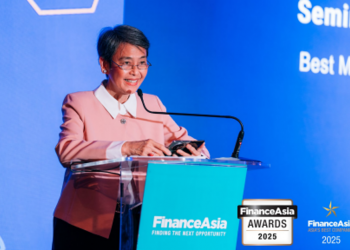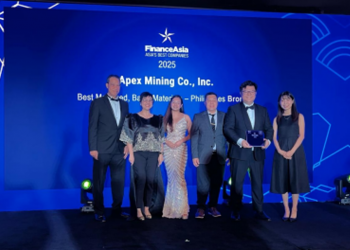Mining companies in the Philippines are being urged to start measuring and reducing their carbon emissions as part of their compliance with new environmental rules and global sustainability targets.
Speaking at the 80th Philippine Mining Club Luncheon, Randall Evangelista of SGS Philippines outlined practical steps for the industry to implement carbon accounting and align with UN Sustainable Development Goal 13: Climate Action.
“Remember, your emissions count in saving the Earth. That’s why you need to start the accounting now,” Evangelista stated.
Evangelista, a certified greenhouse gas (GHG) lead auditor, explained that under DENR DAO 2025-10, companies are now encouraged to track and report emissions from:
- Scope 1 – Direct emissions (e.g., fuel use, on-site processes)
- Scope 2 – Indirect emissions (e.g., purchased electricity)
- Scope 3 – Optional emissions (e.g., supply chains, travel)
He added that mining firms can already begin carbon sequestration in their declared rehabilitation areas using biomass or mangrove projects. These efforts can be converted into carbon offsets, and even traded as carbon credits under international systems such as the VERA protocol.
“The total carbon that can be sequestered by mangroves is times 20 of that in a regular area” he noted, calling such projects “low-cost, high-impact” strategies for the industry.
Aside from meeting regulatory expectations, Evangelista said carbon accounting offers companies a strategic advantage in the global market, where environmental transparency is increasingly demanded by investors and partners.
He emphasized that SGS offers both consulting and third-party verification services and is an accredited auditor under VERA, which is the world’s leading voluntary carbon credit standard.
Evangelista ended his speech by reminding everyone that there is no need to overhaul their services overnight. He noted that by starting small step by step processes, you can be led to big change.
Follow Ang Minero on Facebook and LinkedIn for more updates.



